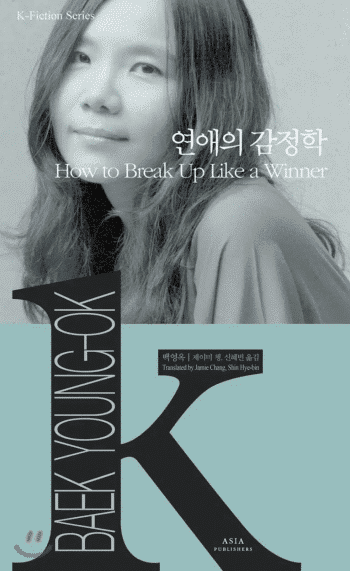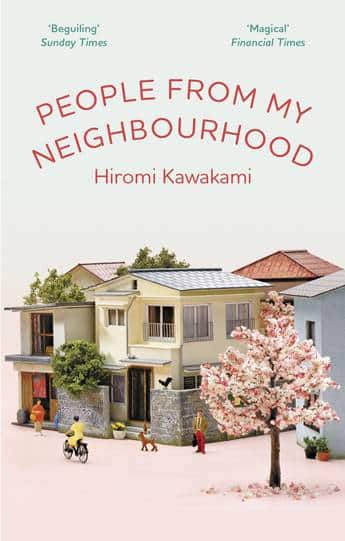Kim Soom’s Divorce deals with the vision of marriage in which women are given the role of guides, comforters and martyrs. The key question around which the protagonists’ divorce stories are tied is this: do we, as women, owe the world a sacrifice? In particular, do we have a duty to “save people’s souls” – I use Cholsik’s own words through the mouth of the husband of one of the characters – by sacrificing, suffering, waiting patiently and enduring everything that our partner brings into our lives?
I will probably not surprise you that Kim Soom answers these questions in the negative. Recalling dialogues and situations that seem dangerously close to our culture, Kim Soom proves that staying married is instilled in women as a virtue, but men are allowed almost unlimited abuse within this institution: violence, betrayal, absence, using a partner as a workforce, a babysitter, treating her like an object. Women in Divorce are told that demanding respect is too much, and that trying to regain relative freedom through divorce or separation, for example, is complicating other people’s lives and a disgrace to the family. Kim Soom’s message is clear and I am sure it will reach many of you: do not let yourself be hurt, even if your surroundings make it difficult for you to fight for yourself.
The end of the book, in which the pair of characters are summoned by the divorce clerk, also has a symbolic meaning. The woman asks the question: are we the last ones? In societies where women are not treated equally to men and where marriage is a de facto tool to make women a resource for men, divorce becomes a rite of passage, a path to freedom. Divorce seems to show that you sould not wait with the transition to this “other side”.
The Yeoyu series is a collection of mini books featuring short stories and novellas. Yeoyu (여유) means a place or space, and in this case, the space of free self-discovery, a place where you can breathe and feel at ease. True to its name, the series presents the texts of some of the most interesting Korean writers, often experimental, surprising and unusual. Its counterpart presenting writers from Japan is Keshiki.









There are no reviews yet.